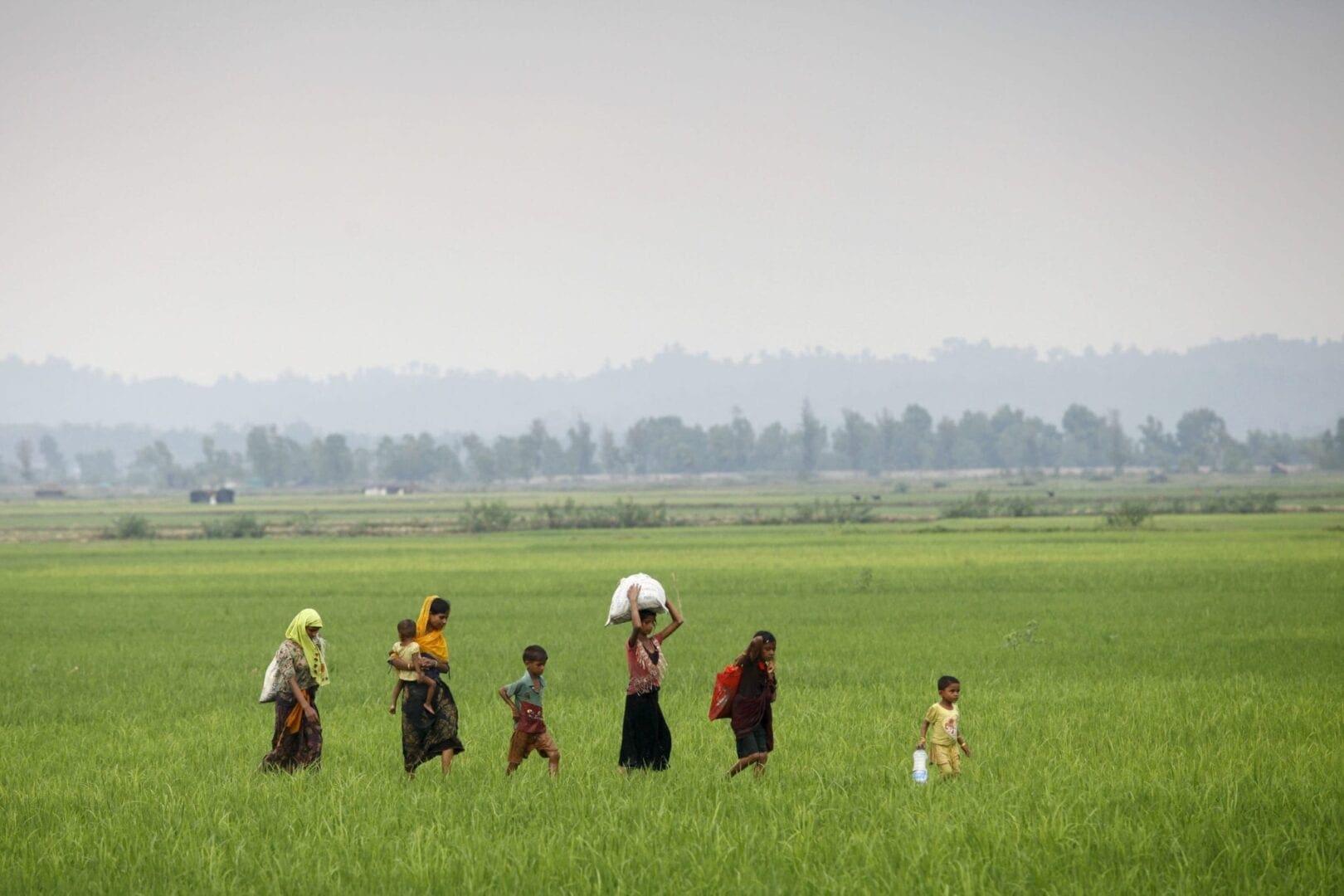“Today’s decision by the Supreme Court marks a dark day for human rights in India. This decision negates India’s proud tradition of providing refuge to those fleeing serious human rights violations. It endangers the most persecuted population in the world and is bereft of any empathy,” said Aakar Patel, Amnesty India.
There was a glimmer of hope for the seven Rohingya men when a petition was filed in the Supreme Court to stop their forcible return on 4 October. Unfortunately, the three-judge bench headed by newly-appointed Chief Justice Ranjan Gogoi rejected the plea. The petitioners had requested the Court to allow the United Nations High Commissioner for Refugees (UNHCR) access to the men to ascertain whether they needed protection under refugee law — this was not allowed. The seven were earlier found to be ‘illegal immigrants’ under the much abused Foreigners Act, 1946.
“The Indian government is conducting a relentless smear campaign against the Rohingya community in India for over two years now. This decision sets a dangerous precedent for all asylum seekers and refugees in India. The Narendra Modi government must work with the UNHCR so as not to renege on basic human rights commitments,” said Aakar Patel.
Earlier this year, Amnesty International published a report detailing extensive, credible evidence implicating Myanmar’s military Commander-in-Chief, Senior General Min Aung Hlaing, and 12 other named individuals in crimes against humanity committed during the ethnic cleansing of the Rohingya population in northern Rakhine State. The culmination of nine months of intensive research, including in Myanmar and Bangladesh, the report is Amnesty International’s most comprehensive account yet of how the Myanmar military forced more than 702,000 women, men and children – more than 80% of northern Rakhine State’s Rohingya population when the crisis started – to flee to Bangladesh and other countries after August 25, 2017.
On October 2, the UN Special Rapporteur on contemporary forms of racism, racial discrimination, xenophobia and related intolerance, expressed alarm at the Government’s plan to forcibly return the seven Rohingya men to Myanmar, which could constitute refoulement and would amount to a violation of international law.

